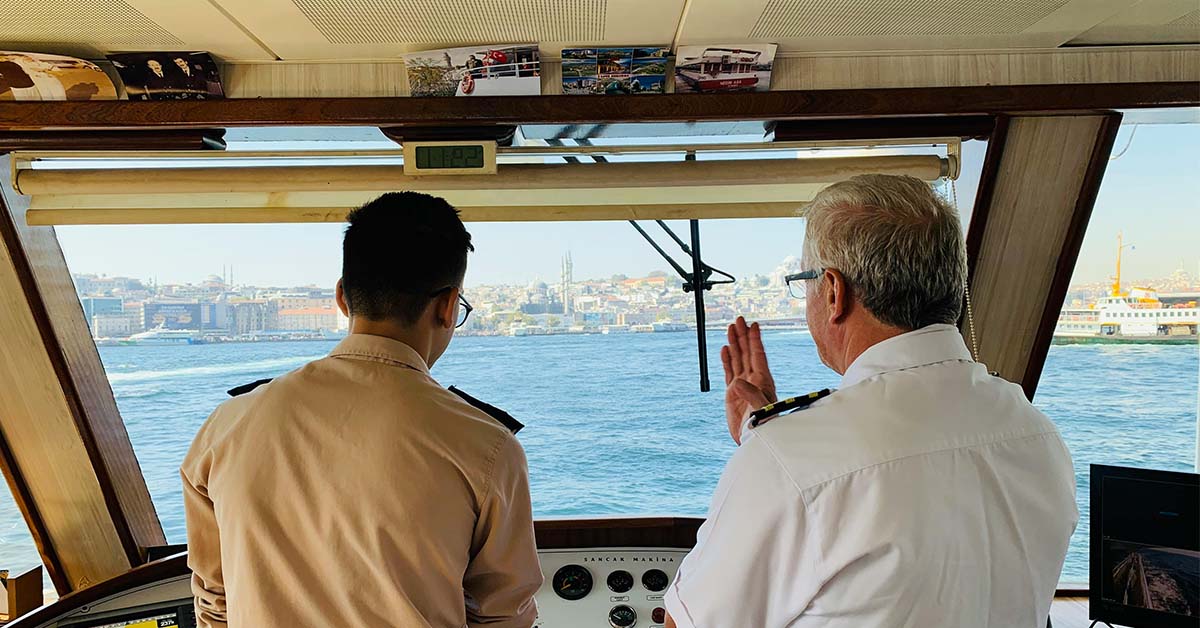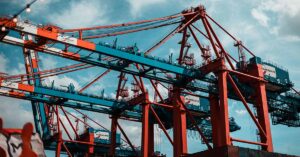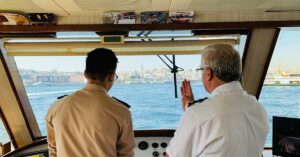The Importance of Training and Certifications for Filipino Seafarer Advancement
Filipino seafarers have long been recognized as some of the most skilled and dedicated professionals in the maritime industry. Their contributions to the global shipping industry are invaluable, and the demand for Filipino seafarers remains consistently high. One key factor that has contributed to the success of Filipino seafarers is the importance of training and certifications. In this blog post, we will delve into why training and certifications are vital for Filipino seafarer advancement and explore how they not only benefit the seafarers themselves but also the maritime industry as a whole.
The Significance of Training:
Training is the cornerstone of a successful seafaring career. It equips seafarers with the necessary knowledge and skills to navigate complex vessels, ensure the safety of the crew and cargo, and respond to emergencies effectively. Here are some key reasons why training is vital for Filipino seafarers:
- Safety: Seafaring can be a dangerous profession, and well-rounded training ensures that seafarers can respond to emergencies, perform first aid, and navigate through various adverse conditions while keeping safety as a top priority.
- Compliance: The maritime industry is heavily regulated, and seafarers must meet specific certification requirements to work on ships. Training programs help them understand and adhere to these regulations, ensuring compliance with international standards.
- Career Advancement: Training programs provide seafarers with opportunities to enhance their skills and knowledge, allowing them to advance in their careers and take on more responsible roles within the industry.
- Efficiency: Trained seafarers are more efficient in their roles, which can lead to smoother and more cost-effective ship operations. This, in turn, benefits shipowners and the industry as a whole.
Certifications: The Key to Progress
Certifications are tangible proof of a seafarer’s qualifications and competencies. They are essential for advancing in a seafaring career and are often required by employers. Here’s why certifications are crucial:
- Industry Recognition: Certified seafarers are highly respected in the industry, and their certifications serve as a testament to their competence.
- Global Opportunities: Many certifications are recognized internationally, allowing seafarers to seek employment on vessels around the world.
- Career Advancement: Certifications open doors to more senior and specialized positions, which often come with higher salaries and increased responsibilities.
- Regulatory Compliance: Most countries and international maritime organizations require seafarers to hold specific certifications to ensure the safety and security of maritime operations.
Investing in Filipino Seafarer Advancement:
The Filipino government, in collaboration with the private sector, has recognized the importance of training and certifications for Filipino seafarers. Various institutions, including maritime academies and training centers, offer comprehensive courses to prepare seafarers for their careers. Additionally, the government actively supports initiatives aimed at increasing the number of certified seafarers from the Philippines.
In conclusion, the importance of training and certifications for Filipino seafarer advancement cannot be overstated. Training equips seafarers with the knowledge and skills they need to excel in their roles, while certifications open doors to new opportunities and career growth. By investing in training and certifications, the Philippines is not only securing a prosperous future for its seafarers but also strengthening its position as a leading supplier of skilled maritime professionals to the global industry.
Share this content:















Post Comment